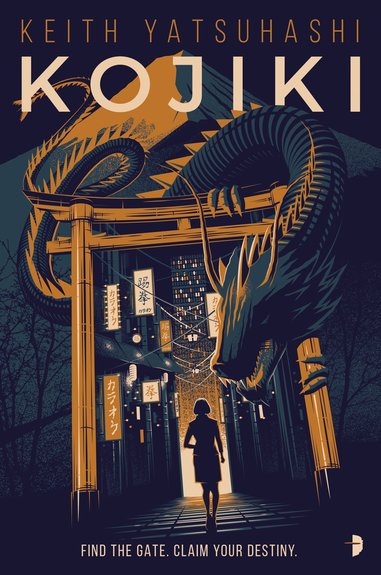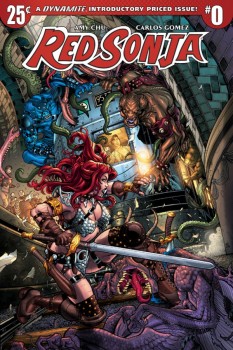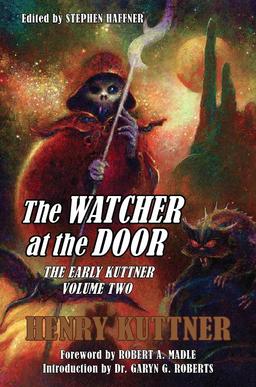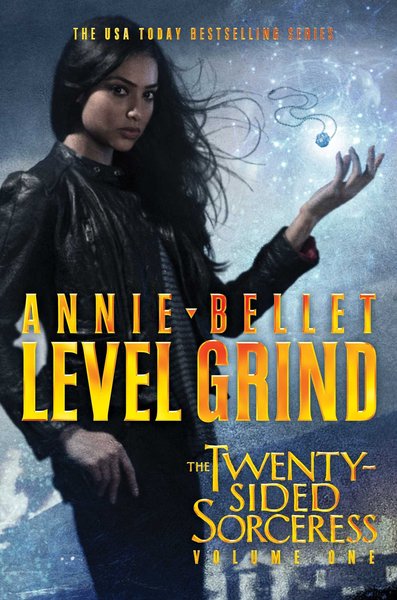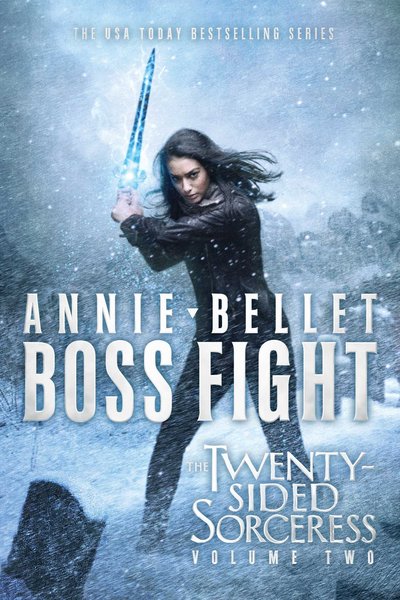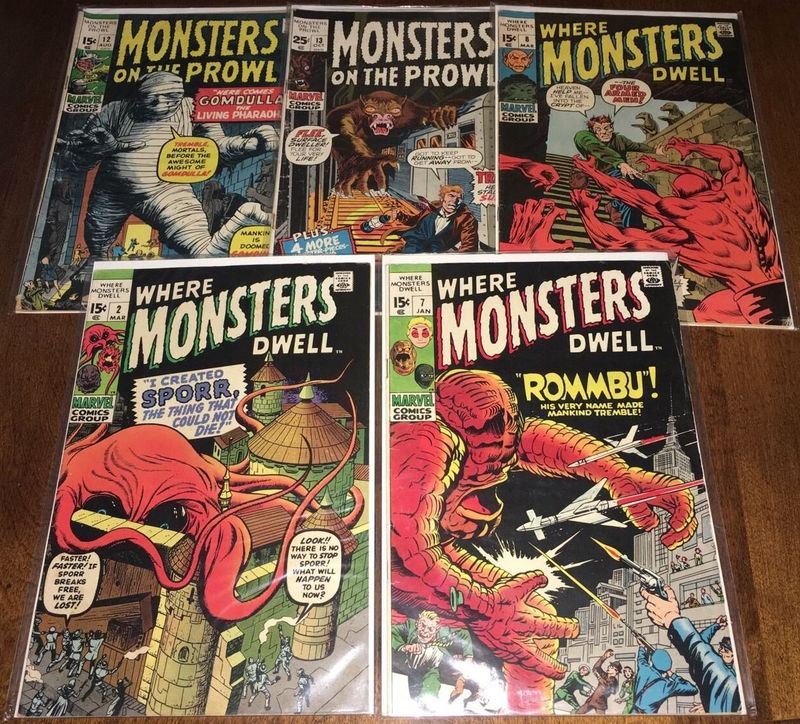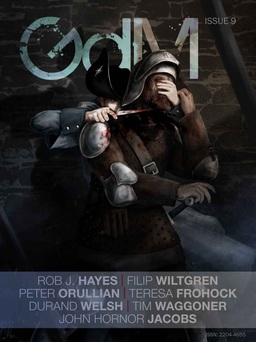December 2016 Clarkesworld Now Available
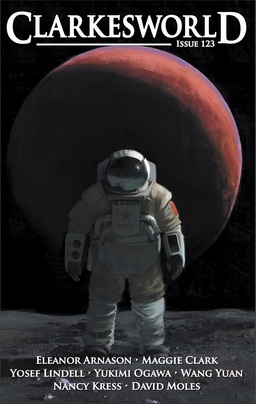 In his article “The Joy of Helping” in the latest Clarkesworld, writer and translator Ken Liu (The Wall of Storms, Invisible Planets) says some splendidly on-point things about helping others.
In his article “The Joy of Helping” in the latest Clarkesworld, writer and translator Ken Liu (The Wall of Storms, Invisible Planets) says some splendidly on-point things about helping others.
The truth is: It feels good to help people. Even today, much of my motivation in editing and translating stories from China is still tied up with this satisfaction of helping writers reach readers. Surely I would have written more original works and made more money without these translations — but I think I wouldn’t have been as happy.
And we don’t acknowledge and celebrate the joy of helping enough.
It’s also important to acknowledge that we like to be helped. I have been helped countless times in my career by friends, editors, readers, fellow authors—even Invisible Planets wouldn’t have been possible without the help of all the authors and many others along the way. All of us have probably had experiences where a friend’s insightful comments improved our stories… or we got onto a panel because someone more famous and accomplished thought it helpful to boost our voices. The sun feels brighter on those days, and even the writing seems to come out of the word-mines more easily.
It’s nice to be able to make someone feel that, isn’t it?
As freelancers in the uncertain publishing industry, writers are bombarded with advice on how to develop our careers and to think strategically. Sometimes it almost seems as if we’re supposed to feel foolish if our motivation for doing something is simply to help someone with no expectation of any advantage whatsoever. And if we do receive help, we are conditioned to think of it as part of some implied exchange, a favor owed that might be called in someday. Neither reaction, I submit, is necessary. Helping someone truly is its own reward.
Preach, brother Liu! It’s there’s one thing I’ve learned in 17 years publishing Black Gate, it’s that the biggest rewards always come from promoting others. Read Ken’s complete piece here.

